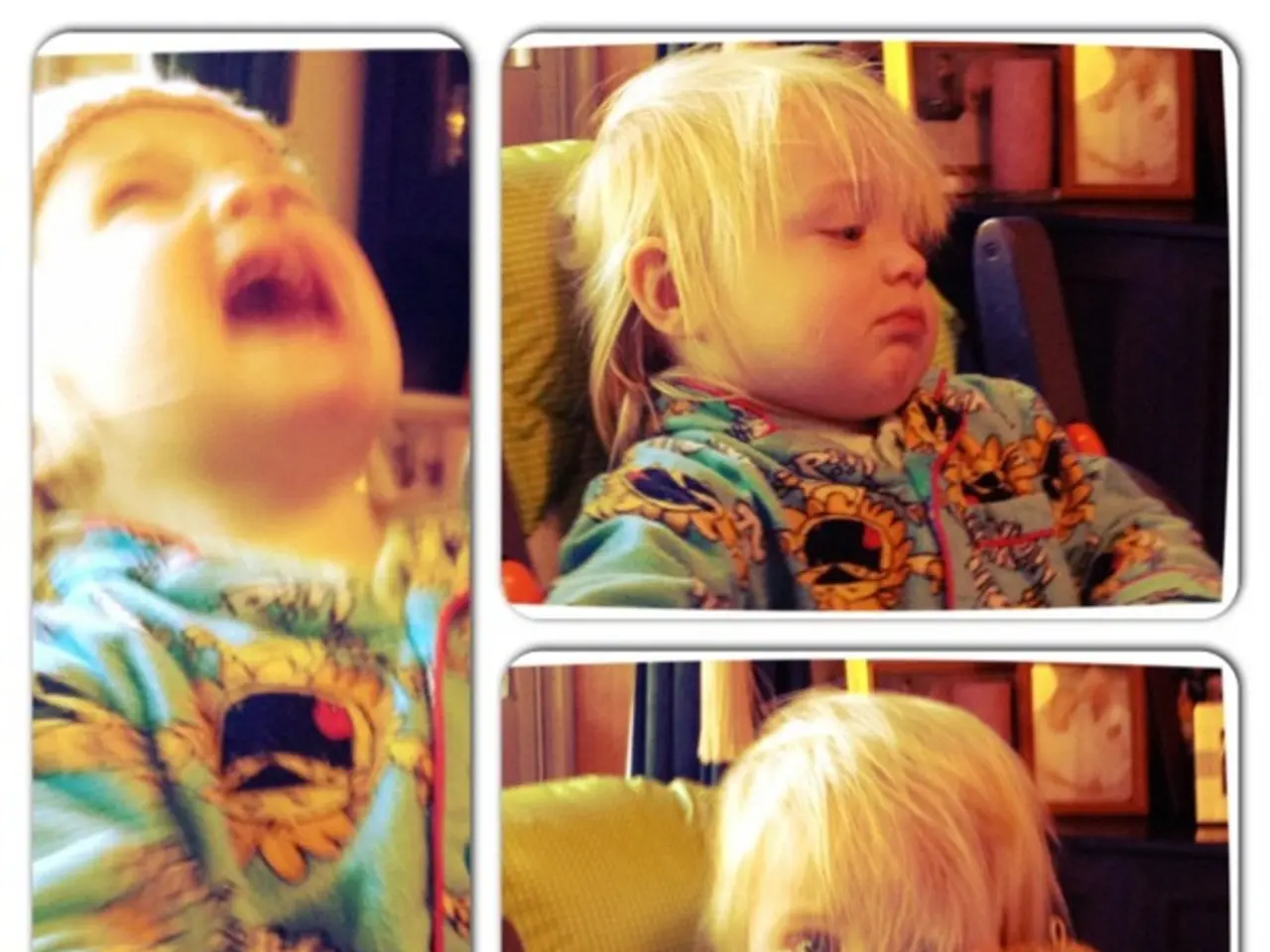Exploring the Complexity of Empathy in Individuals with Autism
Understanding empathy in individuals with autism has undergone significant evolution over the years. Historically, the belief that people on the autism spectrum lack empathy has prevailed. However, recent research presents a more nuanced perspective, challenging this stereotype and introducing the concept of the **double empathy problem** (DEP).
### Double Empathy Problem
The DEP suggests that social communication challenges between autistic and neurotypical individuals stem not only from deficits in the former but from mutual misunderstandings and empathy-related difficulties affecting both parties. This perspective underscores that empathy issues are bidirectional, with both groups struggling to understand each other's communication styles and emotional expressions.
### Key Findings
- **Communication Styles:** Autistic individuals may communicate differently, which can be misinterpreted by neurotypical individuals as a lack of empathy. Recent studies show that autistic individuals often communicate more effectively with other autistic individuals. - **Emotion Recognition:** Neurotypical individuals can struggle to accurately interpret emotions expressed by autistic individuals, contributing to the DEP. - **Empathy Assessment:** Traditional measures of empathy might not accurately reflect the empathic capacities of autistic individuals because they are often based on neurotypical behaviors.
### Differing Empathy Experiences
**Autistic Empathy:**
- Autistic individuals may exhibit empathy in ways that diverge from neurotypical expressions, which can be overlooked or misinterpreted by neurotypical observers. Autistic individuals may process emotions differently and exhibit empathy in more direct or literal ways. - Studies indicate that autistic individuals can have a strong sense of empathy when interacting with others who share similar experiences or traits.
**Neurotypical Empathy:**
- Neurotypical individuals often rely on social cues and unwritten rules that might not be intuitive for autistic individuals, leading to misunderstandings and perceived empathy deficits. - Neurotypical empathy is often evaluated using criteria that may not be applicable to autistic individuals, potentially skewing assessments of empathy.
### Interventions and Understanding
Recent interventions, such as facial emotion recognition training, have shown promise in improving emotion recognition abilities in autistic adults, which can enhance social interactions and empathy. However, more research is needed to fully understand and address the complexities of empathy across the autism spectrum.
In conclusion, empathy in individuals with autism differs from neurotypical empathy primarily in expression and interpretation. Recognizing these differences and promoting mutual understanding can help mitigate the double empathy problem and foster more inclusive social interactions. It's essential to challenge the false stereotype that individuals with autism lack empathy, as it can negatively affect them in various ways, including dehumanization, stigma, social isolation, mental health impact, and underestimation of emotional needs by professionals.
References: [1] Baron-Cohen, S., Tager-Flusberg, H., & Lombardo, M. V. (2013). Understanding other minds: Perspectives from developmental social neuroscience. Oxford University Press. [2] Halladay, M., & Happé, F. (2017). The neuroscience of autism: From genes to behaviour. Nature Reviews Neuroscience, 18(11), 707-722. [3] Williams, A. M., & Mandy, W. (2010). The Oxford handbook of autism and cognitive rehabilitation. Oxford University Press.
- Over the years, the understanding of empathy in individuals with autism has significantly evolved, with the stereotype of a lack of empathy often being challenged.
- The Double Empathy Problem (DEP) proposes that communication difficulties between autistic and neurotypical individuals arise from mutual misunderstandings and empathy-related difficulties affecting both parties.
- Autistic individuals may communicate differently, which can be misinterpreted by neurotypical individuals as a lack of empathy, but recent studies show they often communicate more effectively with other autistic individuals.
- Neurotypical individuals can struggle to accurately interpret emotions expressed by autistic individuals, which contributes to the DEP.
- Traditional measures of empathy might not accurately reflect the empathic capacities of autistic individuals because they are often based on neurotypical behaviors.
- Autistic individuals may exhibit empathy in ways that diverge from neurotypical expressions, which can be overlooked or misinterpreted by neurotypical observers.
- Autistic individuals may process emotions differently and exhibit empathy in more direct or literal ways.
- Studies indicate that autistic individuals can have a strong sense of empathy when interacting with others who share similar experiences or traits.
- Neurotypical individuals often rely on social cues and unwritten rules that might not be intuitive for autistic individuals, leading to misunderstandings and perceived empathy deficits.
- Neurotypical empathy is often evaluated using criteria that may not be applicable to autistic individuals, potentially skewing assessments of empathy.
- Recent interventions such as facial emotion recognition training have shown promise in improving emotion recognition abilities in autistic adults, which can enhance social interactions and empathy.
- It's essential to challenge the false stereotype that individuals with autism lack empathy, as it can negatively affect them in various ways, including dehumanization, stigma, social isolation, mental health impact, and underestimation of emotional needs by professionals.




